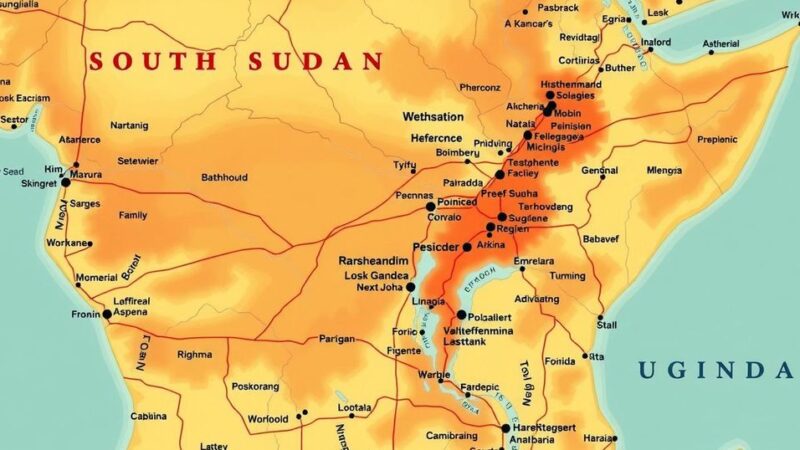Turkish President Erdoğan’s renewed push for EU membership underscores Turkey’s strategic importance amid shifting global dynamics. Despite some calls for stronger ties, significant political barriers, including human rights violations, persist. The evolving relationship poses particular concerns for Greece and Cyprus, who view Turkey’s ambitions with apprehension, seeking to safeguard their interests in this changing landscape.
Turkish President Recep Tayyip Erdoğan has recently reiterated his commitment to Turkey’s accession to the European Union (EU), stating, “At every opportunity, I emphasize that this is our strategic goal.” His remarks reveal an assertive stance as he suggests that Turkey’s full membership is essential for the EU to maintain its power and relevance in a changing geopolitical landscape.
Erdoğan’s renewed emphasis on EU membership coincides with shifting global dynamics, particularly influenced by Donald Trump’s recent political resurgence. This context has led European nations to recognize that Turkey’s strategic position is vital amidst their evolving security concerns, particularly as the U.S. retreats from its traditional role in global leadership.
The timing of Erdoğan’s EU overtures reflects a strategic calculation amidst the current geopolitical vacuum. Turkey is positioning itself to play a prominent role in shaping new international norms, as indicated by Erdoğan’s expansionist military policies and global ambitions that encompass conflicts from Ukraine to the Middle East.
While Erdoğan’s proposition that Turkey could help rescue the EU from geopolitical irrelevance is met with skepticism, it has not entirely been disregarded. Former Turkish diplomat Sinan Ülgen noted, “European countries that thought they had the luxury of excluding Turkey until today are now seeing that they cannot exclude Turkey anymore.” This sentiment is echoed by NATO Secretary-General Mark Rutte’s call for deeper EU-Turkey ties to bolster Europe’s defense capabilities.
However, significant political barriers hinder Turkey’s EU aspirations, primarily stemming from concerns about human rights violations and the erosion of the rule of law. The EU, which is not a military alliance, is wary of Turkey’s entangled relationship with Russia and its stance on Ukraine, which complicates any potential partnership.
For Greece and Cyprus, the EU’s relationship with Turkey is particularly critical due to its implications for their longstanding disputes. Both nations view the EU as an important platform to address Turkish aggression, with growing apprehension over Turkey’s increasing influence in European matters. Greek leaders express concern that the weakening international norms may embolden Turkey to take aggressive actions.
Currently, Greece has adopted a cautious approach and is attentively monitoring developments regarding Turkey’s EU ambitions. Amidst these shifts, the Greek government emphasizes its stability in the region, with Prime Minister Kyriakos Mitsotakis assuring there is no change in U.S. support for Greece. Additionally, Greece’s strengthening alliance with Israel may help bolster its position.
Turkey’s connections with groups like Hamas pose challenges for Erdoğan’s endeavors to solidify relations with the EU, as these ties are viewed unfavorably by EU leaders and potentially hinder Turkey’s aspirations for membership in the bloc.
The article outlines the complex dynamics surrounding Turkey’s quest for EU membership, marked by Erdoğan’s assertive rhetoric and the shifting geopolitical landscape. European nations are grappling with Turkey’s strategic significance while remaining cautious due to human rights concerns and political issues. For Greece and Cyprus, Turkey’s influence is a pressing concern, prompting them to fortify their alliances and monitor these developments closely. As international relations evolve, the implications of Erdoğan’s ambitions on regional stability remain critical.
Original Source: www.ekathimerini.com






